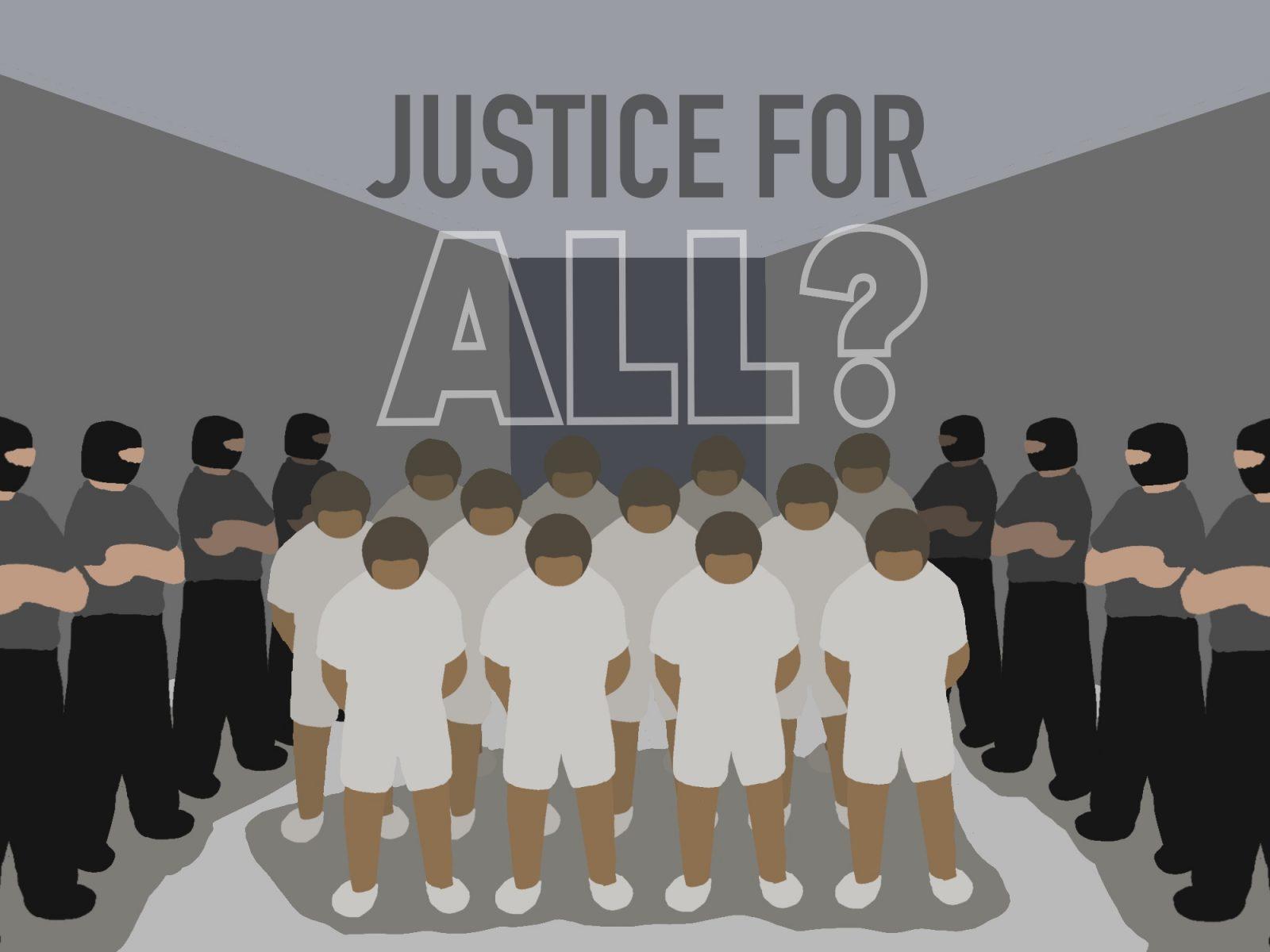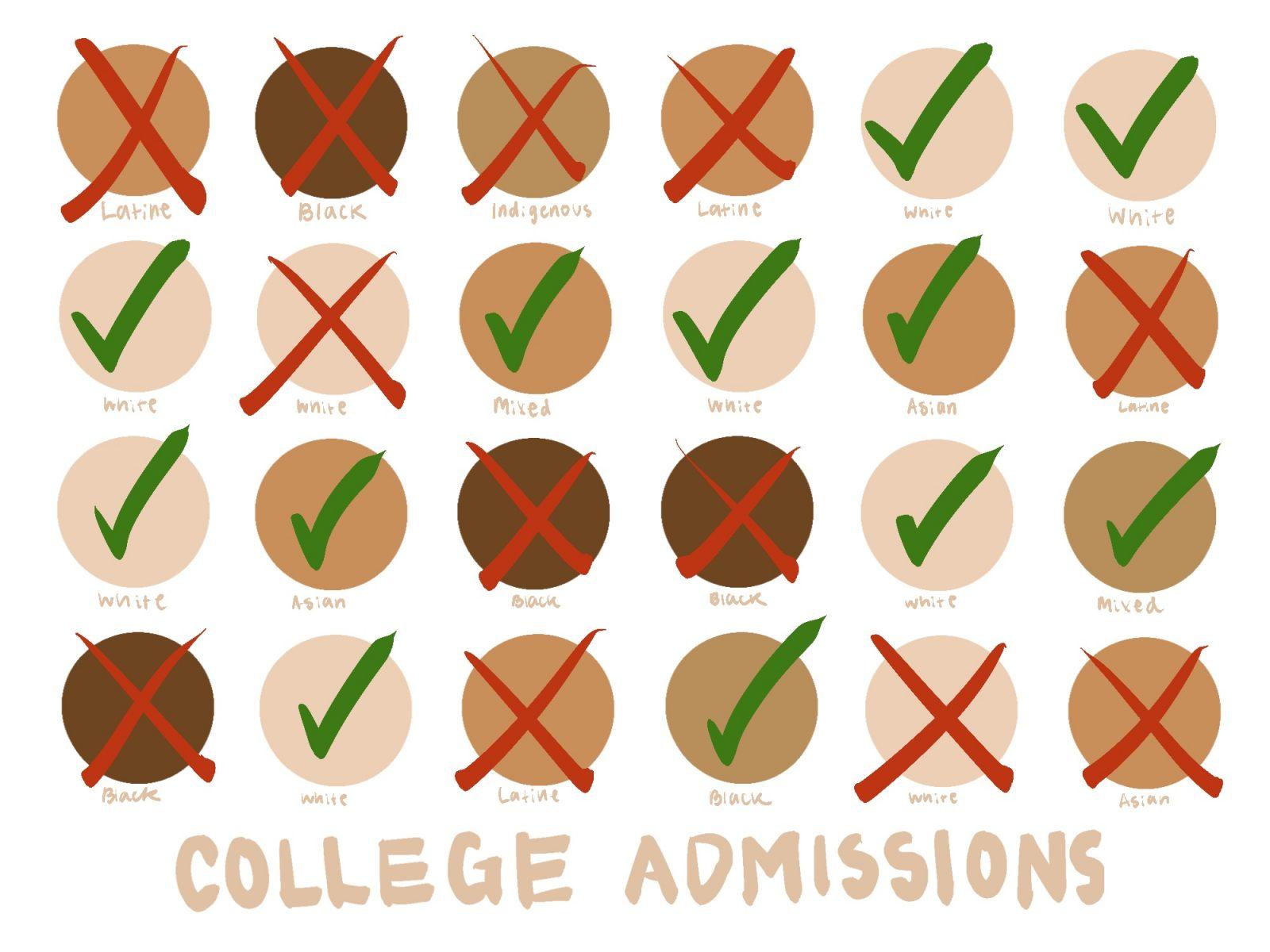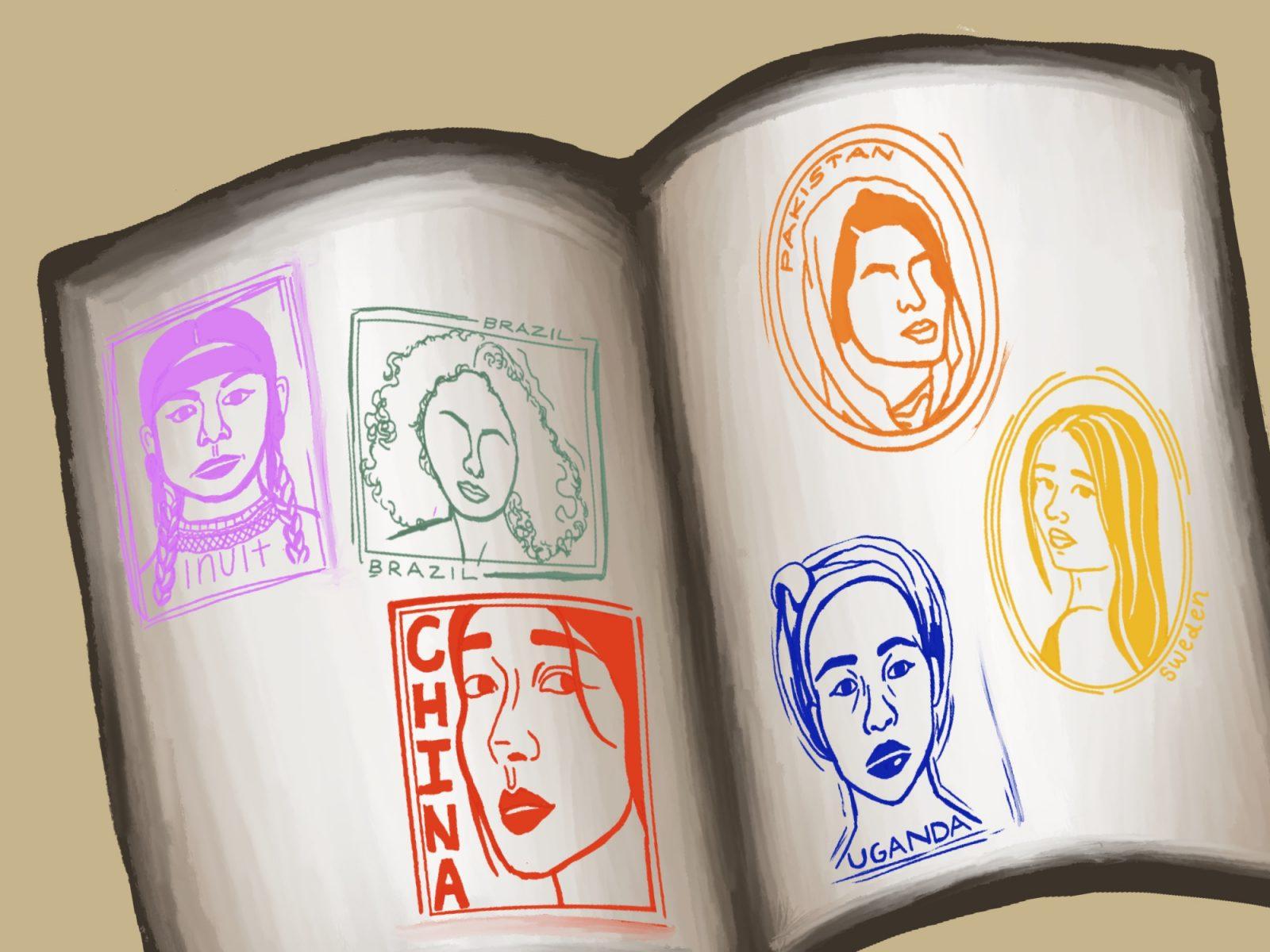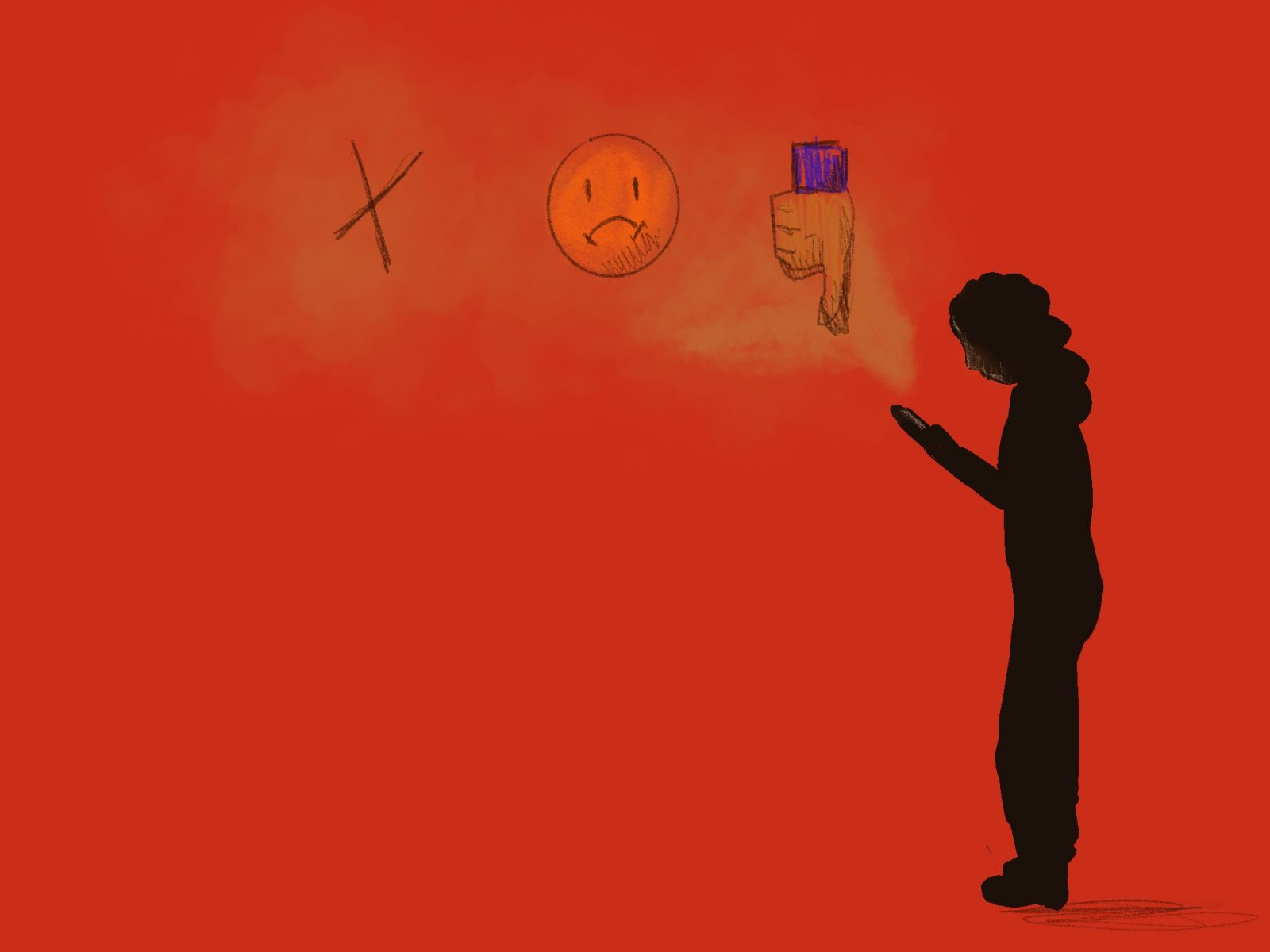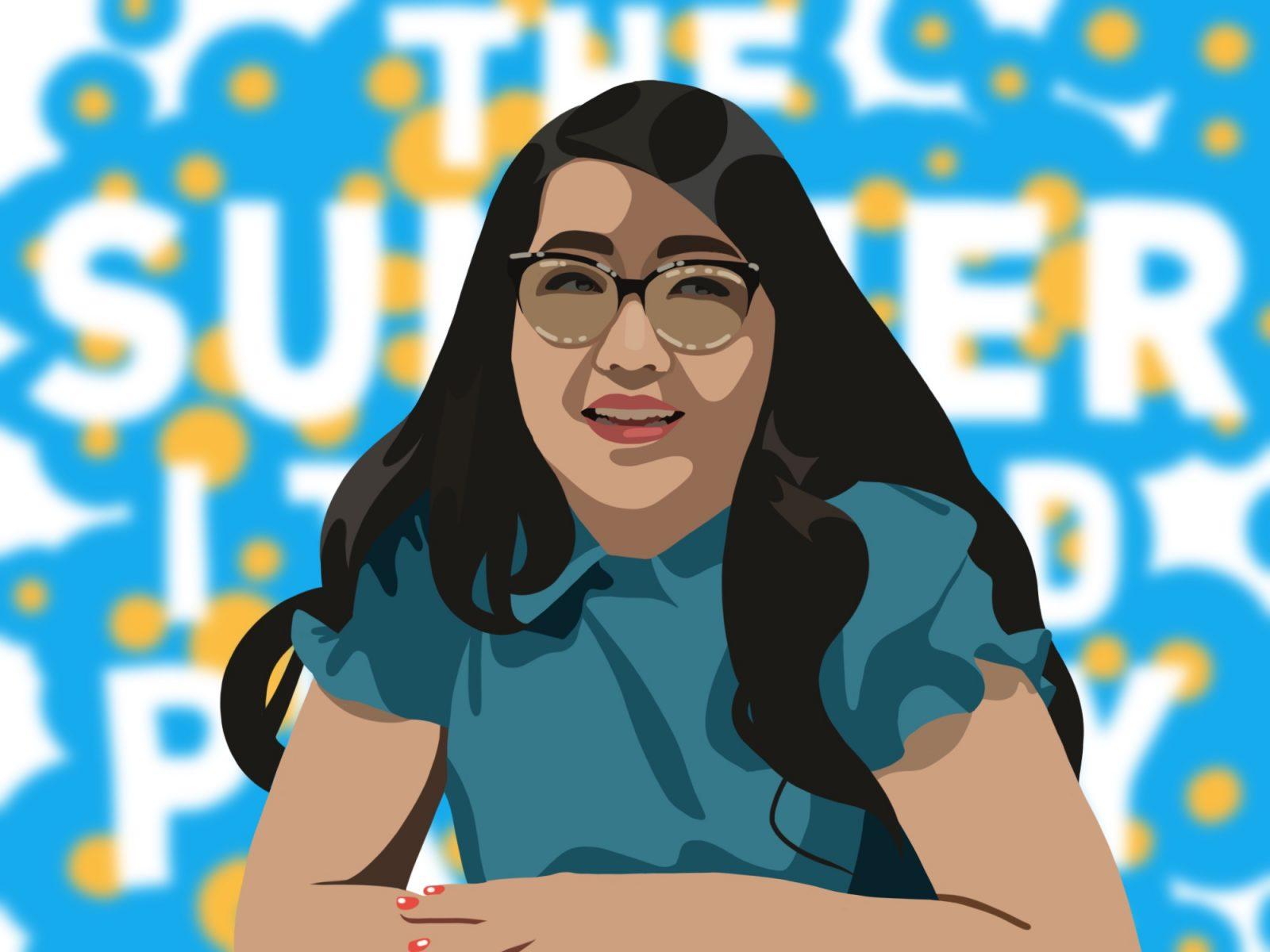It might seem logical to assume those who date outside their race are free from racial prejudice — after all, it is hard to imagine someone harboring racial biases would be drawn to a person they’re holding a bias against. But is this assumption valid?
Traditional theories of assimilation associate interracial relationships with integration. Diverse social networks and multiracial identities blur traditional racial categories, which reinforces the idea that those who date outside of their race are more likely to embrace diversity and be anti-racist.
But using physical and sexual attraction to measure the degree of acceptance or rejection of social interaction among different social groups is a poor defense against implicit biases.
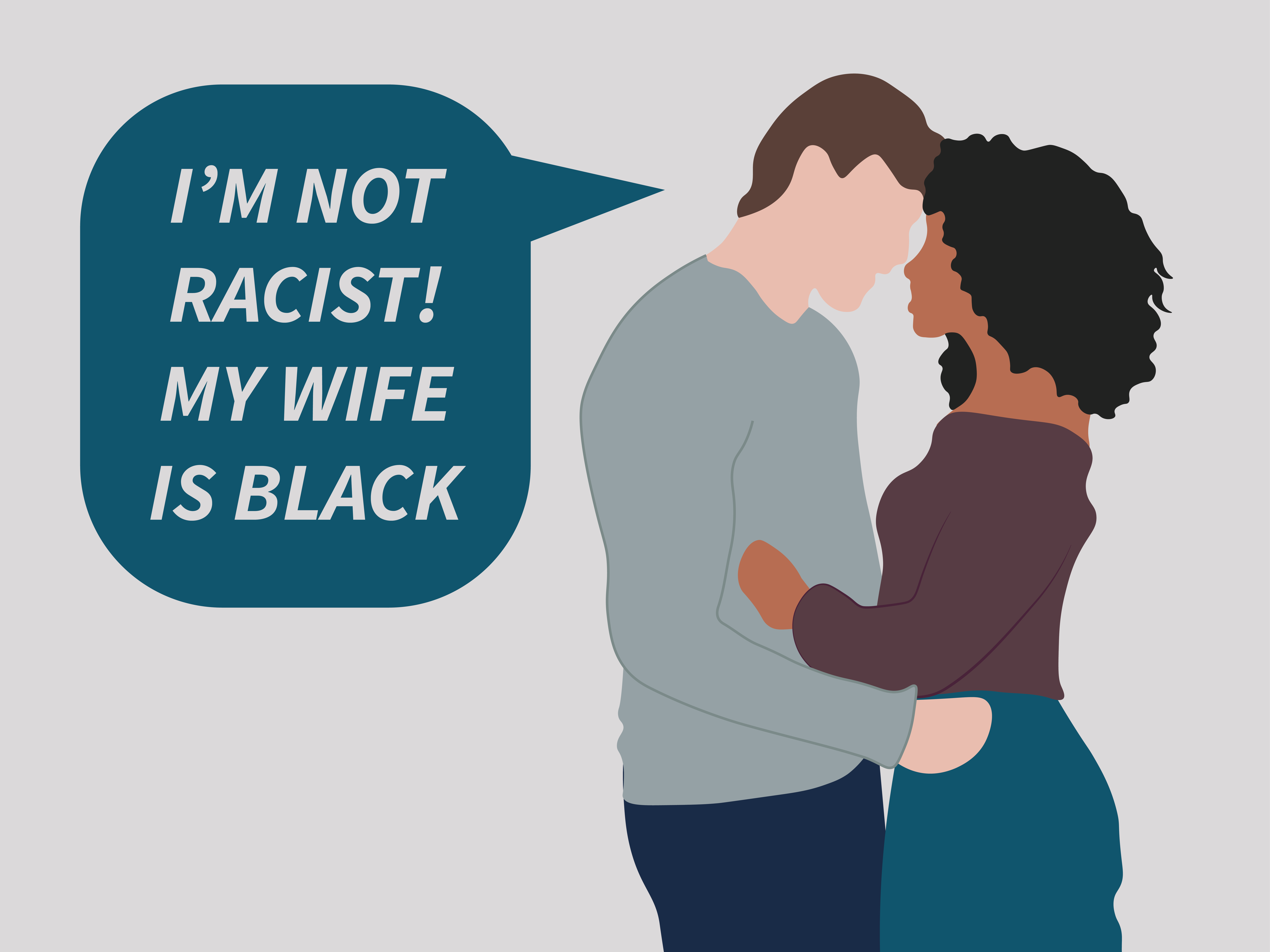
Someone’s subconscious attitudes are not effortlessly eliminated when they enter an interracial relationship, just as having friendships with people of different races doesn’t erase biases — especially when the partner or friend is viewed as an exception to their race rather than an individual within a racial group.
Taking into account the historical context of the United States, interracial relations have been entangled with systems of oppression, particularly impacting women of color. It was less than a century ago, the 1967 Supreme Court case Loving v. Virginia, that interracial marriage was legalized, but interracial relationships existed long prior to that ruling.
White male slaveowners engaged in forced sexual relations with Black female slaves as a method of monetary gain, punishment and — notably — pleasure. This example, however extreme, underscores how attraction and power compound to exacerbate racial discrimination — without connection to racial equality.
This dynamic continues today through race-based pornography, which exploits racial stereotypes to capitalize on the sexualization of women of color. In the billion-dollar porn industry, minority actresses find themselves cast only when budgets are tight for white talent, while white directors and producers dictate the narrative. Oftentimes, minority actresses have walked off set due to the nature of these derogatory roles.
The hypersexualization of women of color can spill over into real-world violence. The 2021 Atlanta spa shooter Robert Aaron Long cited his sex addiction as motivation and described the shooting as an attempt to get rid of the “temptation.” His attraction to Asian women was not an expression of racial solidarity — it was a manifestation of racialized violence.
Men of color are not exempt from racial hypersexualization. Gay men of color have reported feeling racially fetishized on dating apps, leading to a lack of genuine connection with a potential partner — an alarming reality given that interracial couples are more common among same-sex relationships.
It is important to note I do not use “relations” and “relationships” interchangeably. There is a difference between simply having sexual relations versus being in a relationship or marriage. Research shows that the latter allows for more of a sustained improvement in the dynamics between racial groups and can operate as a means to expand who belongs to the “community.”
Still, interracial relationships do not uniformly support the idea that interracially partnered people are completely free from biases against their partner’s group.
Of course, these observations don’t apply to every individual. However, it’s important to recognize interracial relationships shouldn’t be viewed as a radical concept that warrants praise. True solidarity comes from education, self-reflection and a willingness to listen — especially when committing to a person that comes from a different racial background.




















































































































